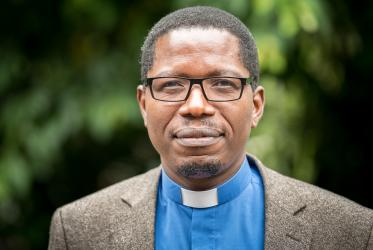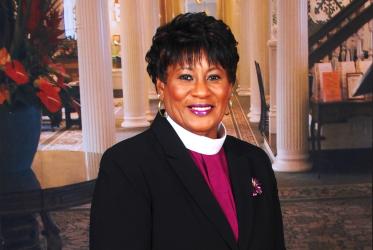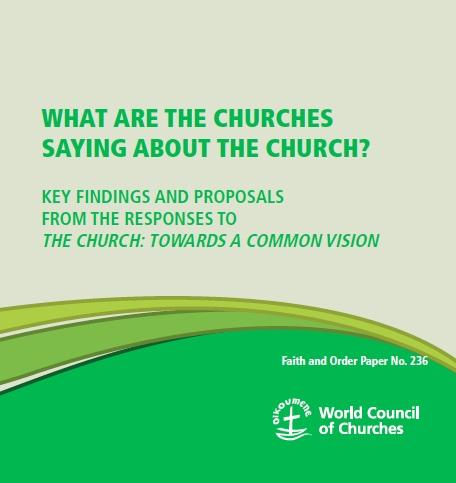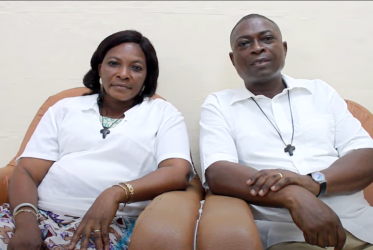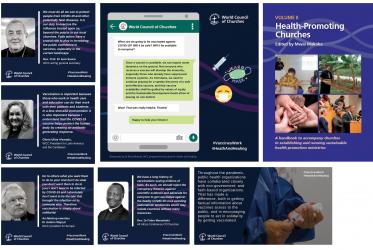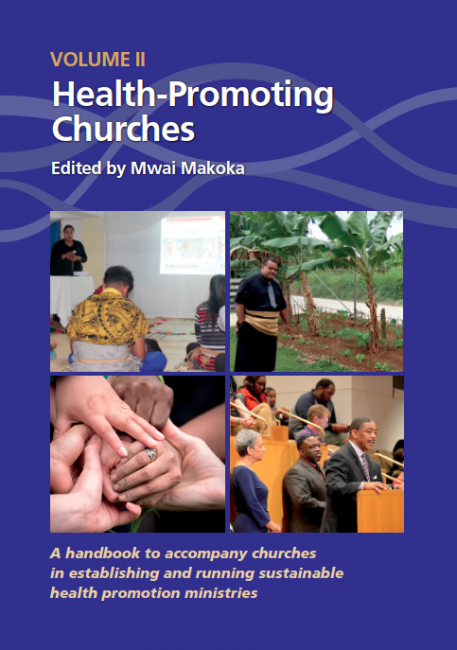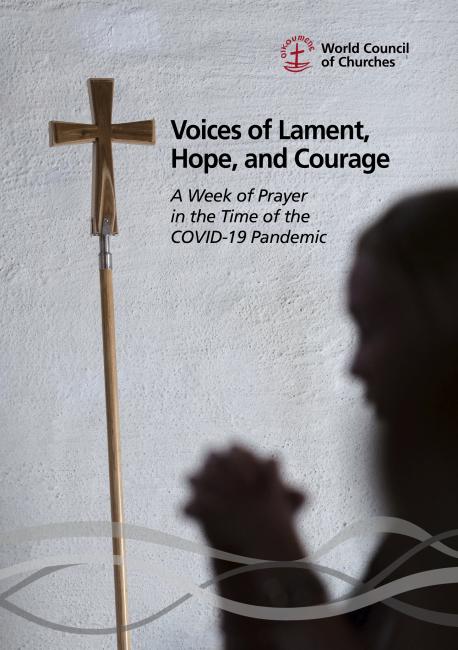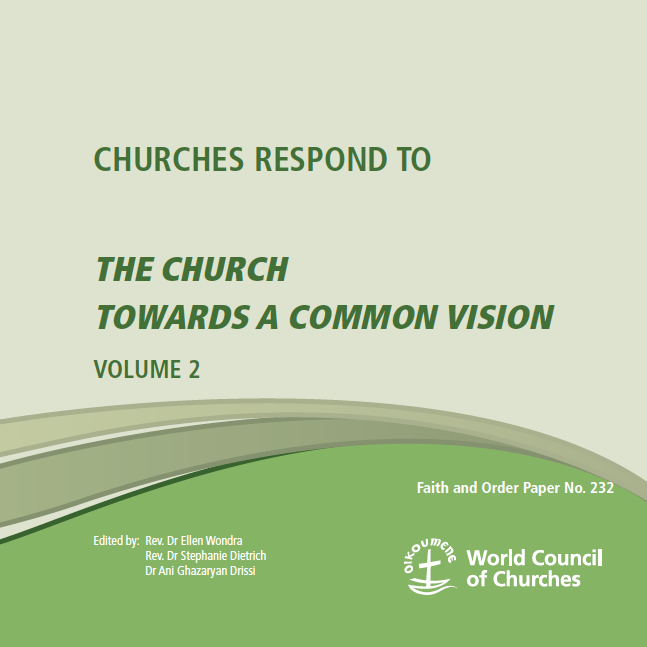Displaying 141 - 160 of 195
What Are the Churches Saying About the Church?
Key Findings and Proposals from the Responses to The Church: Towards a Common Vision
21 June 2021
Health-Promoting Churches Volume II:
A handbook to accompany churches in establishing and running sustainable health promotion ministries
28 April 2021
WCC answers your questions about vaccines
26 April 2021
Vaccination hesitance poses yet another challenge
18 March 2021
Voices of Lament, Hope, and Courage
A Week of Prayer in the Time of the COVID-19 Pandemic
18 March 2021
Churches Respond To The Church: Towards A Common Vision Volume I
Faith and Order Paper No. 231
23 February 2021
Churches Respond To the Church: Towards a Common Vision Volume II
Faith and Order Paper No. 232
23 February 2021
WCC to host online prayer for Week of Prayer for Christian Unity
21 January 2021
Love and Witness
Proclaiming the Peace of the Lord Jesus Christ in a Religiously Plural World
18 January 2021
